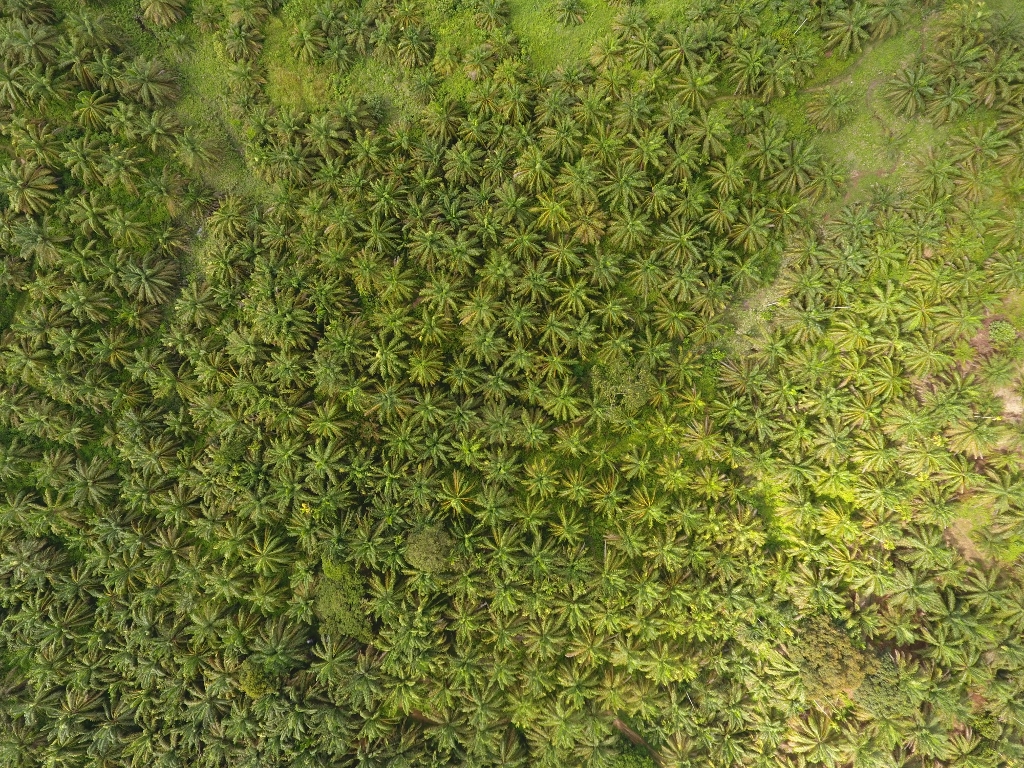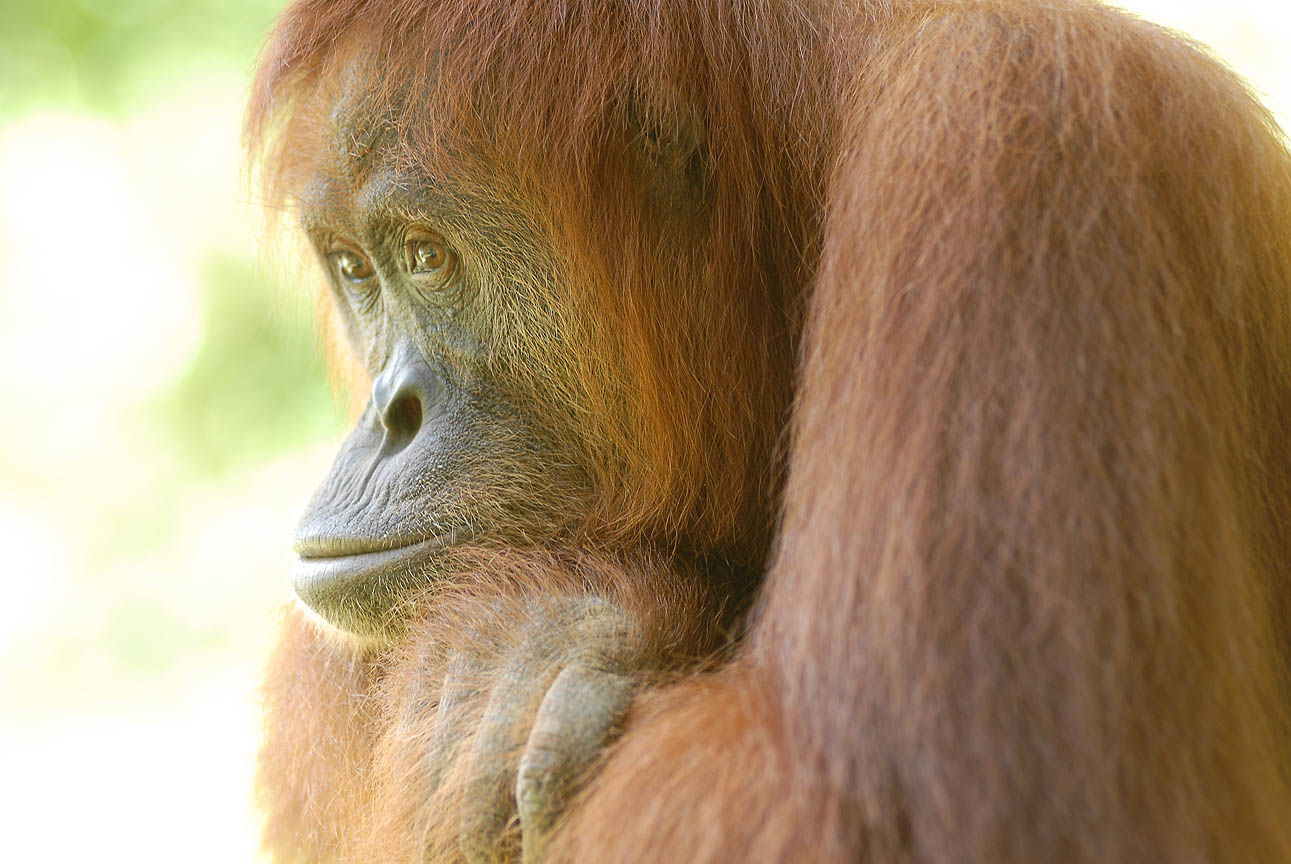Should you buy palm oil?
There is a lot on social media about #palmoil and how buying it and using it harms orangutans.So what is palm oil and why is it causing such controversy?
It is oil made from the fruits of oil palm trees. These trees are planted in tropical areas such as rainforests. Some trees are planted on large plantations and others on small farms. It’s a very efficient crop, so much more palm oil can be produced per acre than for example soya or sunflower oil.
On the other hand, some people chop down rainforest trees to plant oil palms and this means that orangutans, tigers, elephants and rhinos among other species, have less and less land to roam in and are critically endangered.
There are also 4 million people, however, who are dependent on the palm oil industry, so there is a genuine risk if we boycott the use of palm oil, that they will become even poorer and be tempted to chop down more rainforest to grow crops to survive.
So what can you do?
The Sumatran Orangutan Society believes that ensuring all palm oil is produced sustainably is the right approach. Look out for RSPO (Roundtable on Sustainable Palm Oil) certification on any goods you buy (Palm oil is in around 50% of goods we buy – everything from shampoo to peanut butter to instant noodles). The RSPO aims to ensure that palm oil production does not harm the planet. It can be difficult for suppliers to be sure that every farm or plantation they buy from is living up to the standards set by the RSPO.
However, the momentum from consumers like you asking for and insisting on RSPO certified palm oil is the best way, we believe, to apply pressure on the industry in such a way that people who live in Sumatra, as well as orangutans can have a future.
There is an excellent article here on the BBC newsround site which outlines some of the challenges around making these decisions.
For a more detailed understanding on the SOS policy on palm oil, please follow this link

